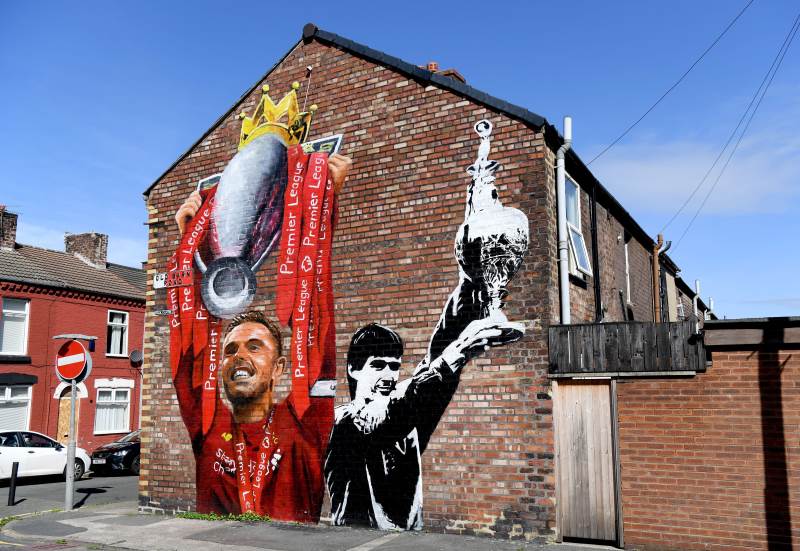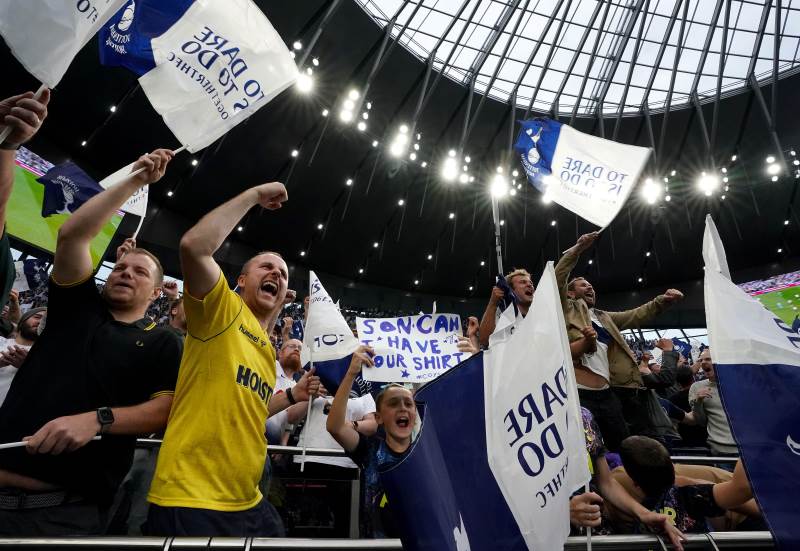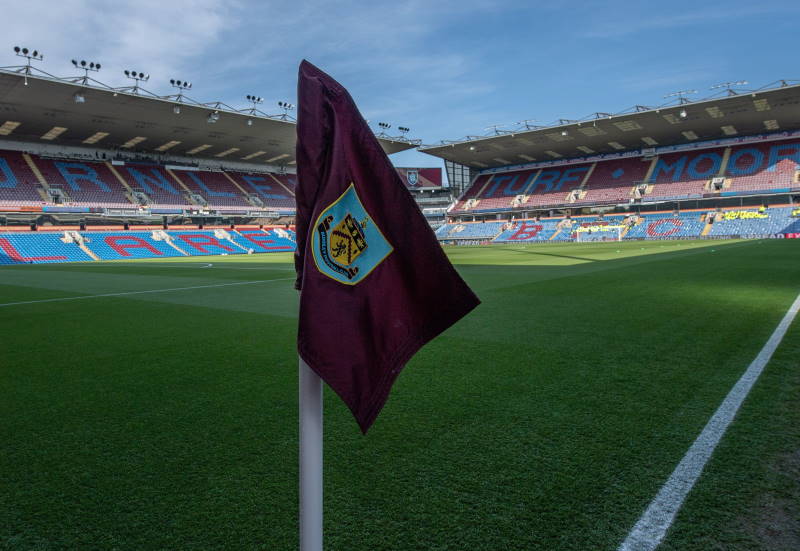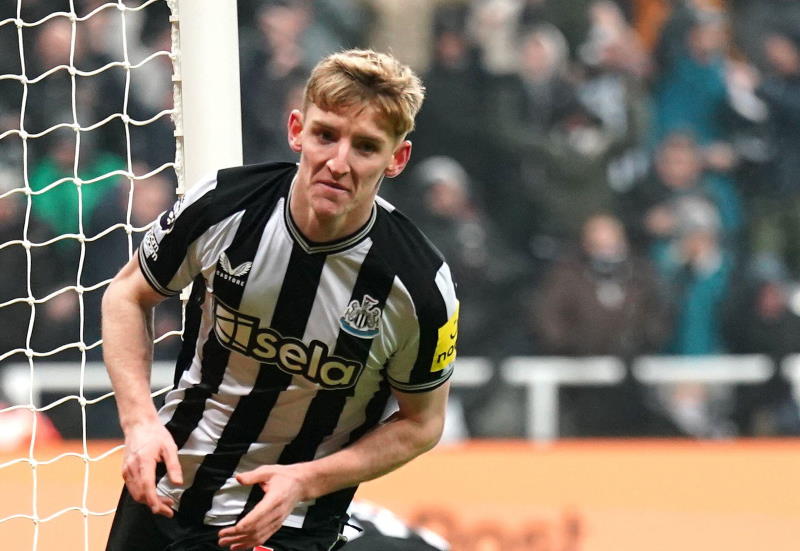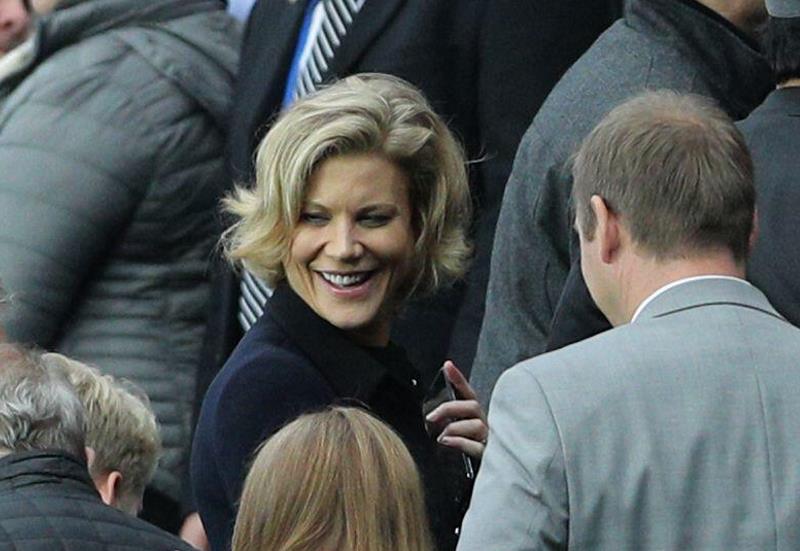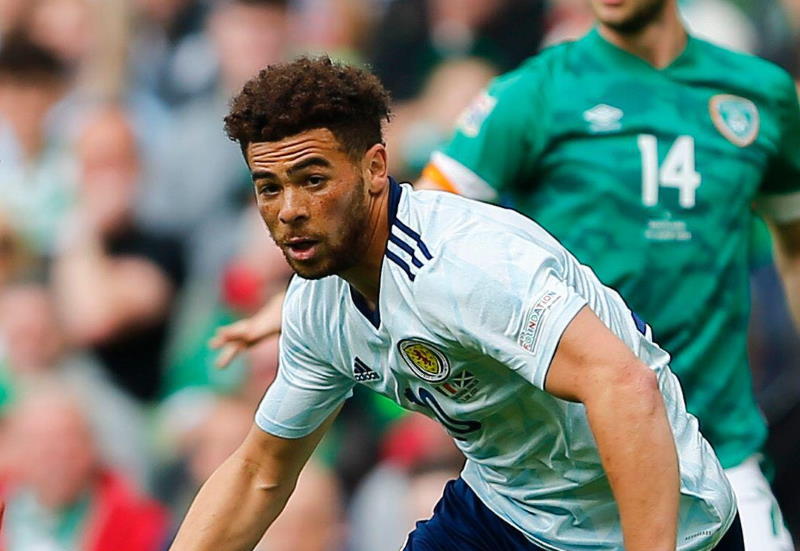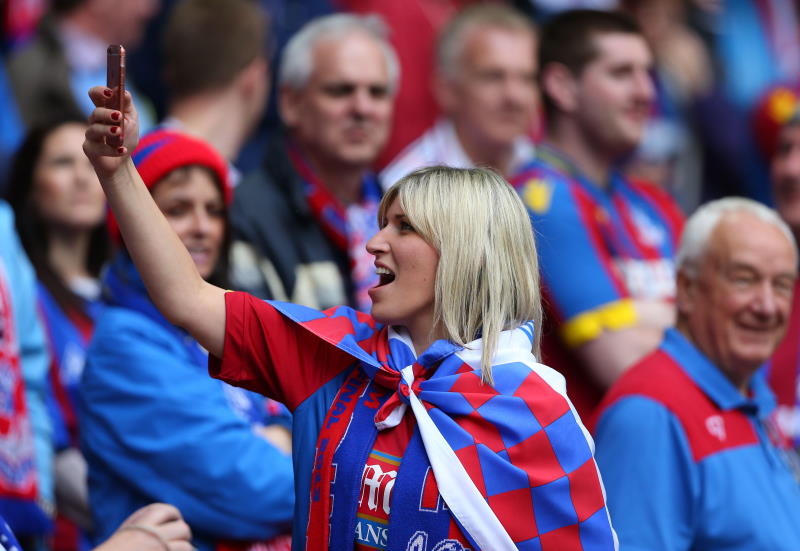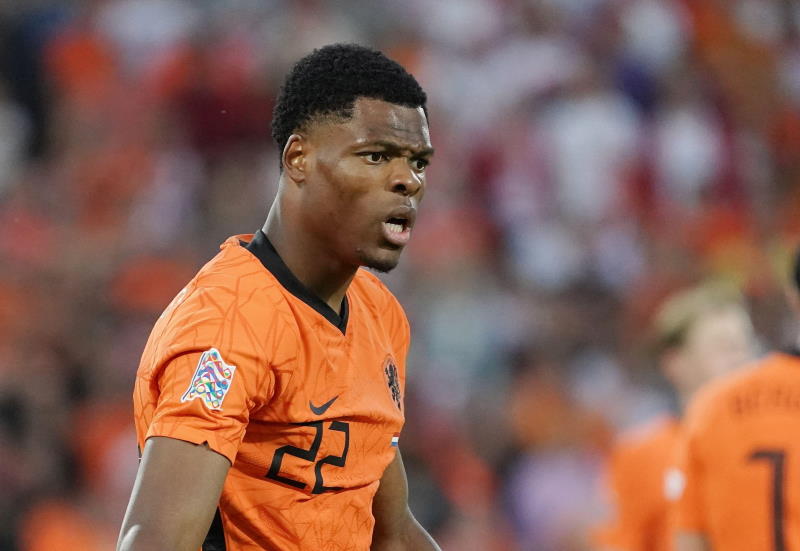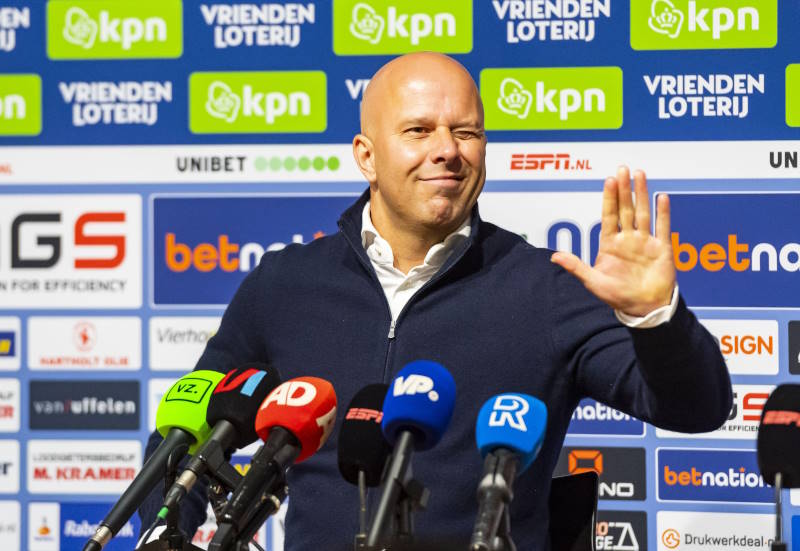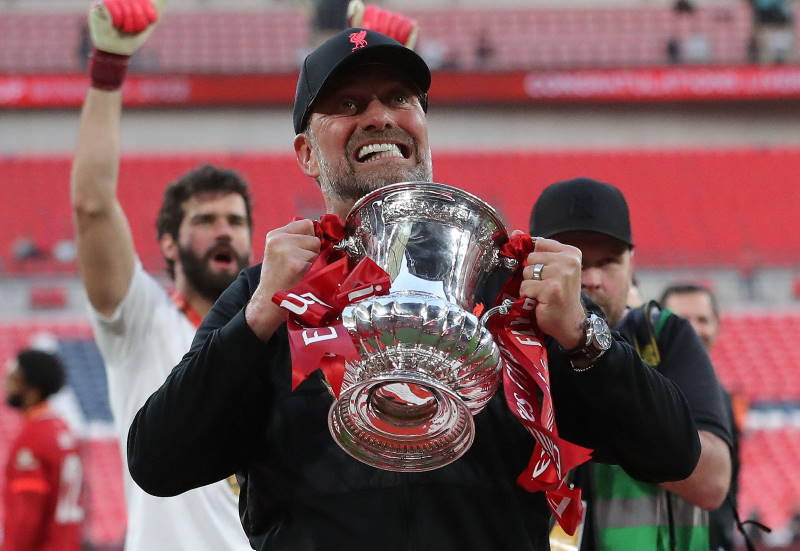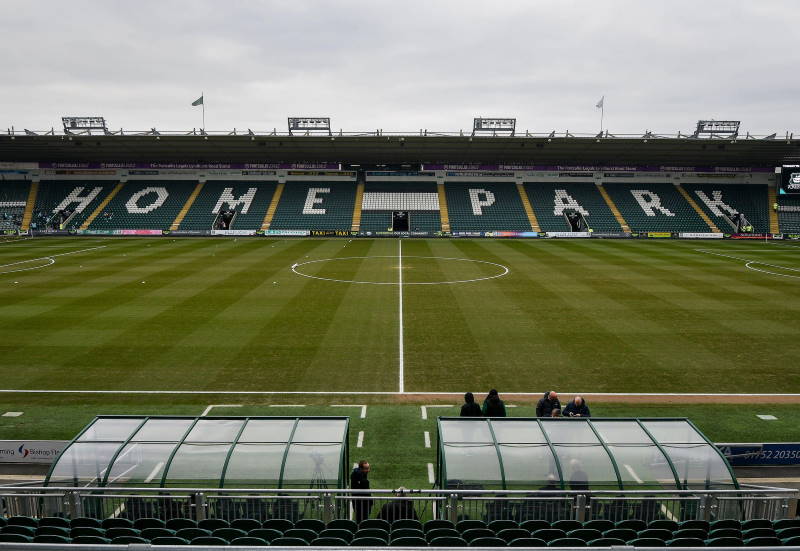
The story of this week’s Copa Libertadores action should have been six further teams qualifying for the knockout stages, impressive four-goal wins for Huachipato and Nacional, or the unfurling, on consecutive nights, of the two largest flags ever displayed in a football stadium.
It could even have been another exceptional, swashbuckling performance from Atletico Mineiro, inspired by the casual brilliance of Ronaldinho. But instead, events after Atletico’s 5-2 victory over Arsenal de Sarandi have dominated the headlines.
As the final whistle blew in Belo Horizonte, Arsenal players, angered by perceived refereeing injustices, confronted the match officials, but were pushed away by local police officers armed with shotguns, tear gas, batons and shields. Further enraged, the players began to fight with the officers, punching and kicking them.
The officers repelled the players and tried to calm the situation, eventually escorting them back to the changing rooms. There, Arsenal claim, the public veneer of even-tempered control gave way to violence as police ruffed up players and coaching staff, pointing guns at their chests and striking them with batons.
Players and staff were held in the changing rooms until 05:30 a.m. at which time they were released only once the local Argentinian consulate had paid a deposit of $20,000 to avoid immediate criminal charges.
“To leave Brazil I had to apologise on behalf of Arsenal”, the club’s president Julio Ricardo Grondona, son of the long-standing AFA president, Julio Humberto, told reporters. “I had to apologise for having a gun held to my head.”
Arsenal are considering a formal complaint and received support from their native media in the aftermath, with both La Nacion and the sports daily Ole criticising the treatment meted out to them by the Brazilian police. In Brazil, however, the story played differently, with the behaviour of Arsenal’s players, both during and after the match, widely condemned.
Arsenal players argued with the Paraguayan referee Enrique Caceres throughout and were also involved in a minor scuffle with their Atletico counterparts at the end of the first half. “They came here to fight”, commented Atletico coach Cuca. “I got tired of seeing their defensive midfielders kicking our players away from the ball.” Atletico president Alexandre Kalil was more cutting in his appraisal, characterising their behaviour as “a small team thing”.
But Wednesday was not the only recent incident involving Argentinian players and Brazilian law enforcement.
In December, Tigre’s players refused to come out for the second half of the second leg of their Copa Sudamericana final against Sao Paulo. They accused the military police of beating them and aiming guns in their direction during the half time break. Argentinian media carried photographs of the blood-stained scene inside the changing room.
Like on Wednesday, the Tigre players had become involved in a scuffle with police as they left the pitch, which then spilled over behind the scenes. And, like Arsenal, Tigre employed dirty tactics from the off against clearly superior opposition, leading the Sao Paulo goalkeeper Rogerio Ceni to comment that they “came to fight, not to play.”
It would be fair to say that there has always been a certain amount of needle involved whenever teams from Argentina and Brazil have met in continental competition – indeed, numerous incidents of violence and some of racial discrimination have previously been recorded – but in recent times this has been exacerbated by the increasing financial gulf between teams from the two countries.
Buoyed by a strong economy, increased television revenue and, in some cases at least, better organisation, Brazilian clubs now enjoy a significant financial advantage over those from other countries in the continent, including Argentina. Since the start of 2013, including only disclosed transfer fees, Brazilian top flight clubs have spent roughly $32M on new players, compared to just $8M by their Argentinian counterparts.
Those figures do not include transfers for which the fee remains undisclosed, such as the transfer of Walter Montillo from Cruzeiro to Santos, or of Hernan Barcos from Palmeiras to Gremio, both of which are thought to have been in the region of $6-8M, or indeed loan signings of relatively high-salaried players such as Andre Santos and Eduardo Vargas from European teams.
In the face of such spending, clubs from other nations can either try to compete with superior organisation and tactics, or by reducing matches against Brazilian teams to tetchy, stilted affairs, constantly broken up by tactical fouls and scuffles between players. Smaller Argentinian clubs have tended to adopt the latter approach and for as long as they do so, scenes similar to those witnessed on Wednesday will continue to be seen.
The police reaction is of course a separate issue and one that CONMEBOL, South American football’s governing body, has no control over. It is impossible to know exactly what transpired away from the television cameras in the bowels of the Estadio Raimundo Sampaio on Wednesday evening, but what can be said with certainty is that it had no place at a football match.
Goal of the Week
Diego Benedetto (22) – Atletico Mineiro vs Arsenal de Sarandi
In light of the events described in this column, it would be tempting to deny Benedetto the honour of Goal of the Week. But there can be no denying that in a match chock-full of golazos, in which Ronaldinho and Alecsandro both produced worthy contenders, Benedetto scored the pick of the bunch, a superbly struck long range free-kick that flew in off the inside the post.
Player of the Week
Few gave Deportes Tolima much hope of getting a positive result away to the undefeated Real Garcilaso at the altitude of Cusco, but they confounded expectations by recording a 3-0 victory. Leichtweis scored all three, the first of which was very well taken, bringing his total in all competitions to eight in 13 appearances since his January move from Cerro Porteno PF.
Group 6 is tightly poised with two rounds of matches to play, but if Leichtweis can continue to find the back of the net, Tolima will be confident of reaching the knockout stages.
Betting on football? Check out Inside Bet before you bet!

